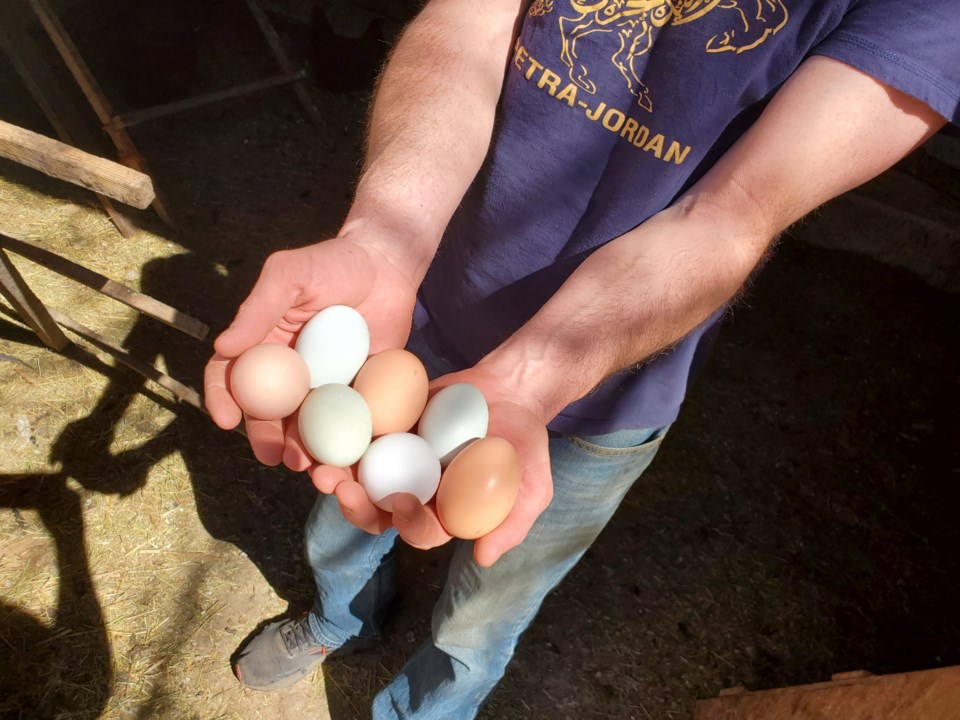Even though it is winter, local farmers are getting ready for a busy growing season. In the cooler months of the year, growers buy seeds, improve soil conditions and make crop plans for when the weather turns warm again.
This is also when Longmont-area growers sell their CSA shares to the public.
CSA stands for “community-supported agriculture.” It’s a model of farming, distribution and marketing that originated in Japan in the 1960s. Since then, many farms and communities have tailored the model to their own needs.
CSAs can operate on very different scales, with some serving just a dozen families and others providing food for more than a thousand households.
Yet no matter how many individuals a CSA serves, the basic idea is the same: individuals within the community can purchase food directly from a local farmer in the form of weekly or bi-weekly boxes of produce all season long. Some CSAs include other local foods like eggs, meats, cheeses, milk, flowers, or bread.
Aspen Moon Farms is located in Longmont on Hygiene Road and had over 600 CSA members in 2023. “The CSA model has played an integral part in supporting the return of a strong local food system,” said owners Jason Griffith and Erin Dreistadt.
Griffith and Dreistadt grow USDA-certified organic crops on about 2.5 acres of land, and much of their yield is harvested by hand. They use biodynamic farming techniques which means the food grown to be bee-friendly and sustainable.
“The CSA model helps us pay for our crops before harvesting them,” they said. “It allows us to make sure we can support our community with healthy, hearty, beautiful produce.”
Most local farmers begin selling farm shares long before any seeds are planted in the ground. Farm operations are costly and the sale of CSA memberships before the growing season begins helps to generate revenue for things like soil amendments, tools, seeds and water. It also helps to insulate farmers from weather disasters like droughts or excess rain.
Along with farm fresh foods, many local CSAs include things like notes about what is happening on the farm, recipes, cooking ideas and opportunities to visit and connect with the food source and the people who help bring that food to the table.
Ollin Farms in Longmont offers CSA memberships and a newsletter with information about each share and recipes to try.
“It is a great way to get in the routine of eating fresh and healthy produce and a fun way to try new and different vegetables. We have three different share sizes to accommodate different family’s produce needs,” said Mark and Kena Guttridge, owners of Ollin Farms.
Consumers benefit from buying local produce, too. Unlike many large-scale, industrial farms local growers often offer organic or sustainable produce that is delivered when it is fresh and nutrient-dense.
“Our farm has an ever-changing ecosystem,” the Guttridges said. “No two days are ever the same. Our business model has had to evolve over time to survive as a small family farm.”
There are many CSAs available in the Longmont area, and both Ollin Farms and Aspen Moon Farms have shares available with a variety of plans to choose from depending on family size and needs.



